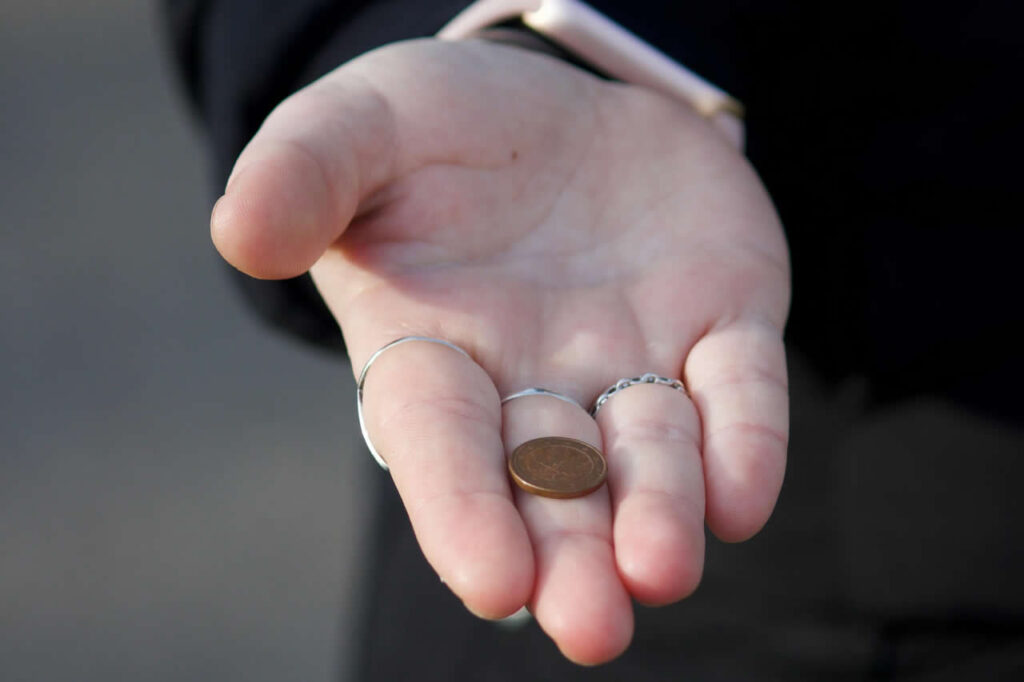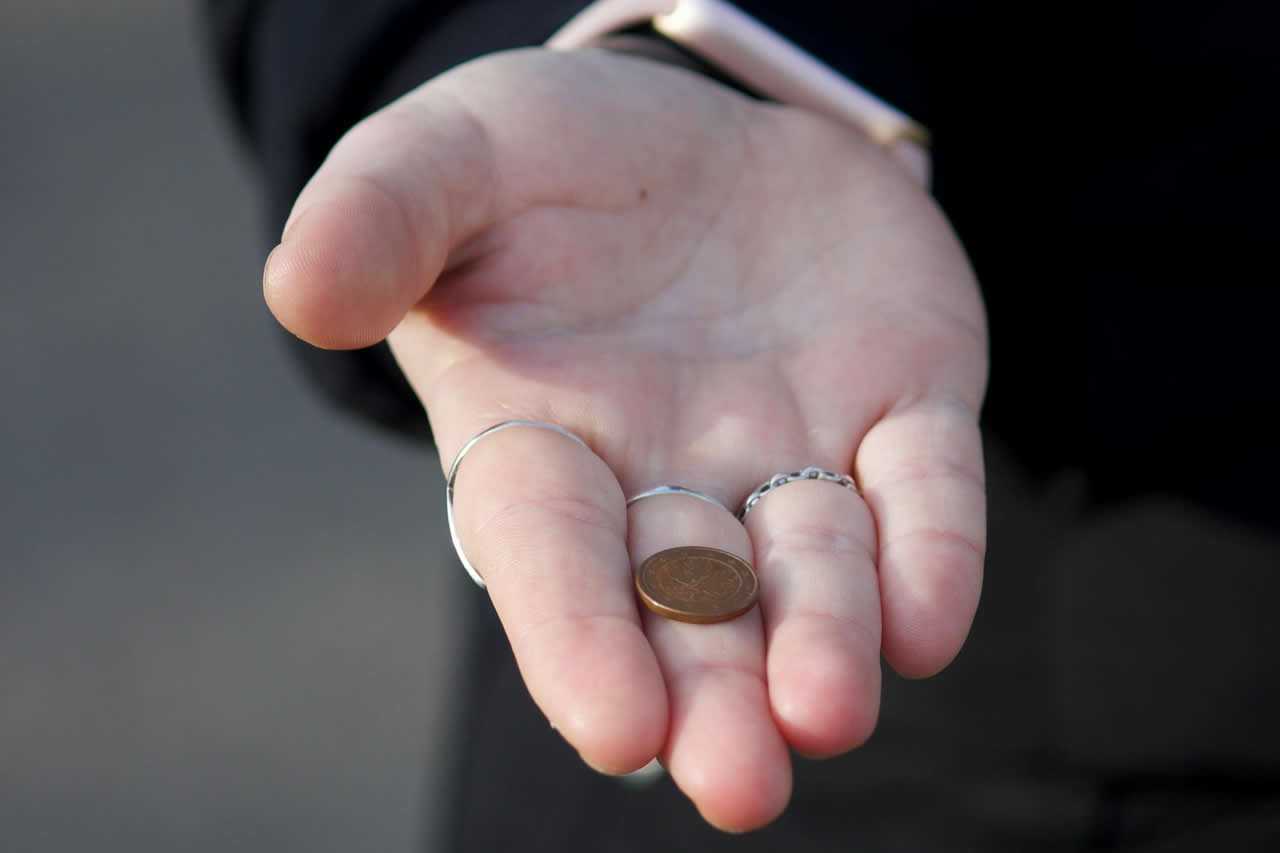In this article I am going to address an inconvenient truth that many people don’t want to face. Why do a significant number of expats fail and return home after just a few years? Why doesn’t it work out for many foreigners to live in Thailand?
In general, there are a few common mistakes that many make, and, in my time living here, I have seen some rather sad cases. My hope with this blog post is that it will help you not to get caught up in pitfalls and avoid these frequently made mistakes.
Financial Mismanagement: The Fast Track to Failure in Thailand
One of the biggest misconceptions about Thailand is that it’s dirt cheap. Some expats assume they can live comfortably on a shoestring budget, only to realize that daily expenses add up. For example, a single expat in Chiang Mai can live comfortably on $1,500 per month, but in Bangkok or Phuket, costs can quickly climb, especially if you prefer Western comforts.
Your lifestyle choices will determine how much you actually spend, and a lack of financial planning, poor spending habits, and unexpected expenses can quickly lead to disaster. Additionally, many expats fail to consider hidden costs such as visa fees, healthcare, and fluctuations in currency exchange rates.
✅ If you’re transferring money from abroad, using a service like Wise can help minimize costly exchange fees. Read my full review of Wise for expats in Thailand.
📌 The key takeaway? Plan your budget realistically and track your expenses!
The Costly Mistake Many Expats Make—Don’t Let Medical Bills Force You Back Home
One of the biggest and often underestimated factors is health! Many of us dream of spending our retirement years under the palm trees here, but what happens when we get older and our health starts to decline? Thailand is a beautiful country, but the healthcare system can be a real challenge. There are definitely good hospitals, and the doctors are excellent, but they cost money—unless you want to be treated in a public hospital, which isn’t free either.
Anyone who was once legally insured in the Western world often realizes too late that this insurance no longer covers them abroad. I’ve noticed that many people have no clue about this issue. And let’s be honest, who can still afford private health insurance at over 70, unless you’re willing and able to pay a ridiculously high premium?
Many foreigners overlook healthcare—until it’s too late. Learn how to avoid one of the biggest financial pitfalls in my full Thailand Health Insurance Guide.
A classic mistake: some people move abroad without health insurance and suddenly face enormous costs if health problems arise. If you don’t have savings in your bank account (or stashed under the mattress), you can be faced with serious financial hardship.
✅ Here you can read what expats need to know about: Thailand Healthcare System for Foreigners
I knew a lovely British couple who settled down in Chiang Mai. They built their dream house with a pool and lived happily enjoying retirement until the husband developed a serious cardiovascular problem. First, he paid out of his own pocket for doctors’ visits and medication, but his condition required surgery and ongoing treatment afterwards.
Without proper health insurance, they couldn’t afford to continuously pay for all the medical bills. With a heavy heart, they were forced to decide to go back to England, where the costs were covered by the National Health Service (NHS).
Another case that was documented in a German TV program was about an elderly lady who broke her leg and subsequently died from blood poisoning because she couldn’t afford the ongoing medical bills. A very sad case and absolutely avoidable, also because she was all by herself without a social support system.
📌 Your pension might be sufficient to comfortably live in the Land of Smiles, but anyone who emigrates should thoroughly research in advance which insurance policies actually provide coverage and whether you might need to arrange for a return flight and financial reserves.
The “Vacation Mode” Trap: Why Expats Burn Through Their Savings
Many new expats treat their first few months (or even years) in Thailand like a never-ending holiday. Constantly partying, eating out, and frequent travels can lead to reckless spending. But this kind of lifestyle is unsustainable in the long run.

Common Money Mistakes in “Vacation Mode”:
- Drinking & Nightlife: Regular bar-hopping and clubbing can quickly drain your budget. If this sounds familiar, make sure you understand Thailand’s alcohol laws and nightlife rules before the fun gets out of hand—restrictions, curfews, and unspoken norms may surprise you.
- Eating Out Every Meal: Thai street food is cheap, but if you’re always dining at Western-style restaurants, your food bill skyrockets.
- Luxury Travel: While domestic flights and hotels can be affordable, constant weekend getaways add up fast.
📌 Thailand’s relaxed vibe makes it easy to justify spending. But if you plan to stay long-term, treat Thailand like your home, not a vacation.
Lack of a Stable Income: The Truth of Making a Living in Thailand
Unlike back home, job opportunities for foreigners in Thailand are limited. Many expats move here without a clear financial plan, assuming they’ll find a way to make money once they arrive. Many expats rely on remote work, savings, or passive income streams, but this often leads to disappointment.
Challenges of Earning Money in Thailand:
- Some don’t plan properly and run out of funds before they can establish a steady income.
- Limited Jobs for Expats: Most jobs are restricted to Thai nationals, except for teaching, IT, and hospitality.
- Teaching English is a common job, but salaries are often low compared to Western standards.
- Starting a Business is Risky: Many expats invest in bars, restaurants, or small businesses without understanding Thai laws or partnering with the wrong people—leading to failure.
- Remote Work Isn’t Always Reliable: Digital nomads often struggle with inconsistent income or visa issues.
📌 Without a reliable source of income, an expat’s dream life in Thailand can quickly turn into a financial nightmare. Before moving to Thailand, make sure you have a stable, reliable source of income—whether it’s a remote job, passive income, or sufficient savings.
What Happens When Expats Go Broke in Thailand?
When an expat burns through their savings, reality sets in. Some end up:
- Borrowing money (a risky move that rarely ends well).
- Overstaying their visa (leading to fines, detention, or deportation).
- Living in cheap guesthouses while scraping by.
- Returning home broke and defeated.

Thailand isn’t forgiving to those who run out of money, which is definitely not a desirable scenario. If you don’t have a backup financial plan, things can get ugly fast.
Thailand can be a dream destination, but financial recklessness can turn it into a nightmare. Financial mismanagement is one of the biggest reasons expats fail in Thailand. Those who treat their stay like an endless holiday or don’t plan for long-term stability often find themselves forced to leave.
📌 The key to Thriving in Thailand is simple (but not always easy): set realistic expectations, spend wisely, avoid common money traps, plan ahead, and always have a backup plan.
Beyond the Beaches: The Reality of Daily Life in Thailand and The Challenges for Expats
Thailand is breathtakingly beautiful, but anyone who thinks life here is like a never-ending vacation may quickly be brought back down to reality. Things that seemed exciting and interesting during a holiday—such as the heat, bureaucracy, foreign culture, unfamiliar food, traffic, dirt, noise, and language barriers—can become quite frustrating in everyday life.
Many people have false expectations, and a classic mistake is believing that simply being in Thailand will automatically make you happy. It is of the utmost importance to have a plan for day-to-day life; otherwise, boredom or frustration can set in rather quickly.
Initially you might feel you don’t need much, and the fact that you don’t have to work anymore, the warm climate, delicious food, a nearby beach, and friendly people is enough to be satisfied. But after a few months, you realize that life in the tropics is not just all fun & games and sipping cocktails on the beach. Without a fulfilling activity, life can be dull and boring, and you should carefully consider how to structure your days in a meaningful way.

Loneliness can be devastating! More than a few people become bitter and start drinking in the bar already mid-morning because they don’t know what to do with themselves. Don’t be one of them and prepare yourself with a hobby or sport, get involved socially, volunteer, and learn the Thai language.
✅ Discover the best communities, social hubs, and insider tips for building a thriving social life. Click here to read more: Expat Communities and Social Life in Thailand
Love & Money in Thailand – A Dream or a Costly Mistake: The Reality of Thai-Western Relationships
Thai-Western relationships have great potential for serious problems. A lot of (older) Western men are dreaming of a relationship with a beautiful (often much younger) Thai girl. Such unions can work out well if both parties are realistic about their expectations.
Most Thai women who are willing to stay with a foreigner come from a rather poor background, already have children, and are looking for security and financial stability. This often can include helping her family back in the rural village where she comes from—sometimes in the form of a dowry payment known as Sin Sod. This is quite a package to take on for a man!
But let’s be honest, what reason could a young, beautiful Thai girl possibly have to live with a much older, often overweight, man from a foreign country who doesn’t even speak her language and doesn’t understand her culture? You also have to be willing and capable to overlook her past (where did you meet her?).
She quite possibly already had many men before you. This fact can make a man feel not “special,” which can weigh heavily on a relationship. If these requirements are met and you treat your partner with respect, she will take care of you well and be a loyal companion.
Love or Lifestyle? The Dangers of Financial Support in Thai Relationships
While some relationships between expats and their Thai partner are built on genuine love, others are more transactional. Financial support is expected, and some expats go far beyond their means trying to keep their partners (and their families) happy. When the money dries up, the relationship often does too—sometimes ending in painful breakups, custody battles, or legal disputes.
🔗 Read my full guide to Divorce & Custody in Thailand to understand your rights and what to expect if things go wrong.
Signs You Might be Overspending on Your Darling:
- Giving a monthly allowance to your partner.
- Buying a house or car in their name.
- Supporting their extended family financially.
- Covering unexpected expenses (hospital bills, family emergencies, etc.).
It’s easy to fall in love very fast with someone who seemingly gives you everything you have been craving for! Good relationships take time and understanding of cultural differences, especially in a foreign country. Don’t get carried away by your emotions; slow down and don’t ignore red flags before you commit.

While generosity is fine, it’s important to establish financial boundaries early on. Be realistic about what you can afford and avoid getting caught in a financial trap.
📌 In your home country you also wouldn’t buy your girlfriend a motorbike or car, build a house and support her and her family only a short while after you met her, right? There are plenty of good women out there, and I sincerely hope you find your match!
Homesickness in Thailand – Don’t Burn Bridges: Why Staying Connected to Home Matters
One more not insignificant issue can be homesickness, more likely to be experienced by older people. Even though Thailand is a fascinating country offering warm weather, affordable living, and delicious food, the feeling of being a stranger in a strange country can become overwhelming for some.
After an extended period of time in Thailand, the excitement can wear off, and you might start to miss your family & friends, your familiar environment, certain foods, and having deeper conversations in your own language.
✅ How to Cope with the Expat Blues: Homesickness for Foreigners Living in Thailand
Don’t cut all ties to your home country and put money aside for regular visits to your homeland. Living permanently abroad is not for everybody, and maybe you find out that it suits you more to only spend part-time in Thailand.
Final Thoughts:
I know this is a bit of a reality check, but it’s better to be informed and prepared than to wake up in a nightmare, possibly cutting your stay short in the Land of Smiles. Obviously, this is not a complete list of problems one can encounter but it gives you an idea what kind of trouble is possible and not uncommon. Thriving in Thailand takes preparation, financial stability, and a willingness to adapt.
Those who respect the culture, plan their finances well, and build a reliable support network have a much better chance of making it work long-term. But for those who ignore the realities, the Land of Smiles can quickly turn into the Land of Regret.
💬 I am happy to try answering any questions you might have and please share your concerns and/or experiences in the comments below…

